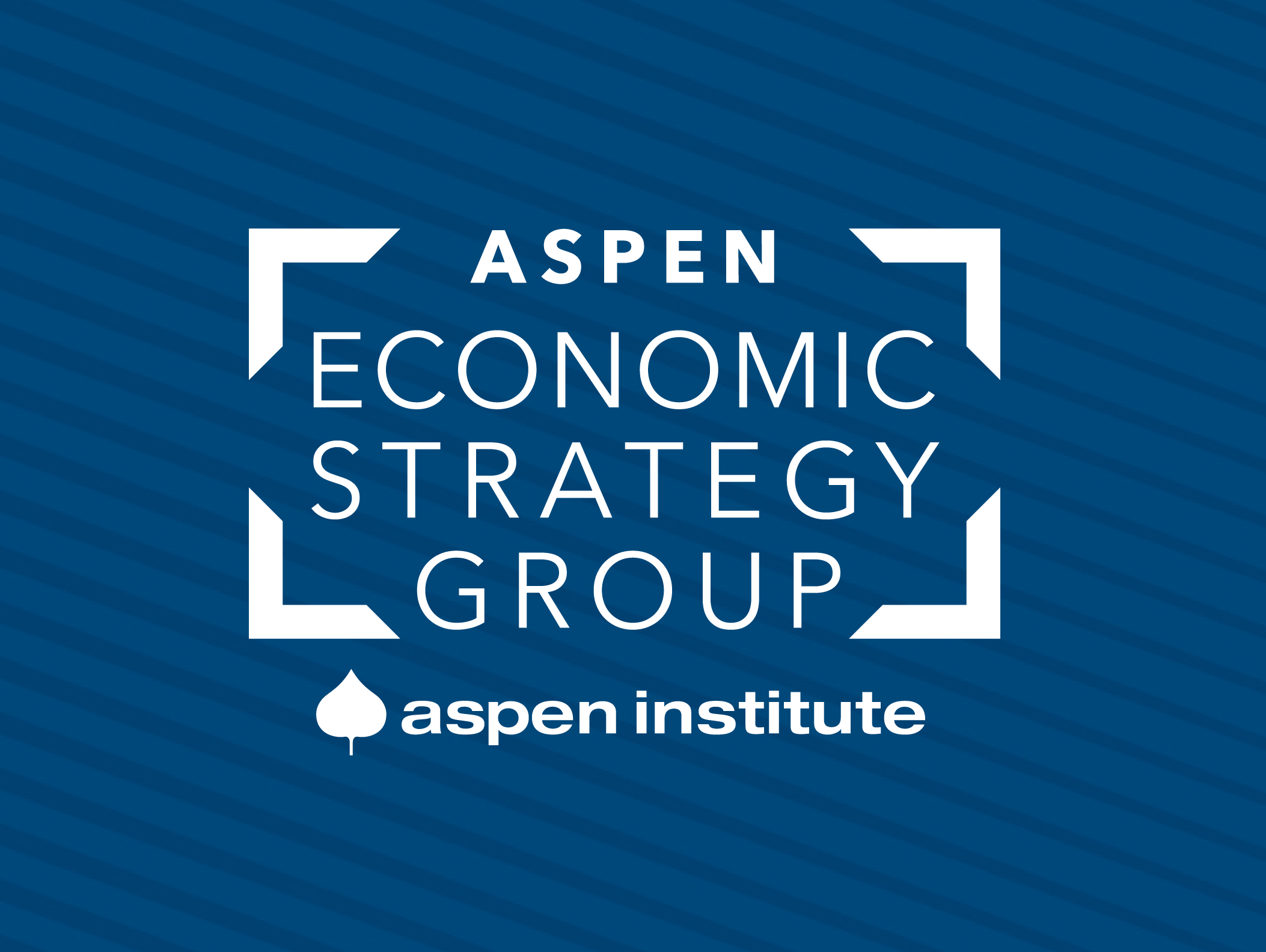
Aspen Economic Strategy Group
Publications
Strengthening America’s Economic Dynamism
The Aspen Economic Strategy Group’s seventh annual policy volume focuses on the theme, Strengthening America’s Economic Dynamism. The volume’s publication comes at a time when US policymakers are turning away from free-market principles in favor of protectionist policies and more active government-directed industrial policy. These shifts, combined with growing economic and political difficulties including the ...
Technological Disruption in the US Labor Market
DAVID DEMING, CHRISTOPHER ONG, LAWRENCE H. SUMMERS This paper explores past episodes of technological disruption in the US labor market, with the goal of learning lessons about the likely future impact of artificial intelligence (AI). The authors measure changes in the structure of the US labor market going back over a century in two ways. ...
Aspen Economic Strategy Group Welcomes Five New Members
WASHINGTON, DC, JANUARY 22, 2024 – The Aspen Economic Strategy Group (AESG) today announced five new members have joined the sixty-five-member, bipartisan group of distinguished leaders and thinkers who share the goal of promoting evidence-based solutions to significant challenges confronting the American economy. Established in 2017 and co-chaired by former U.S. Secretaries of the Treasury ...
Aspen Economic Strategy Group Releases 2023 Annual Policy Volume: Building a More Resilient US Economy
Washington, DC, November 8, 2023 – The Aspen Economic Strategy Group (AESG) today released its sixth annual policy volume, Building a More Resilient US Economy. The book’s publication comes as the US faces historically high levels of debt that threaten the resiliency of the nation’s economy, including the ability to invest in key priorities and ...
Book: Building a More Resilient US Economy
The Aspen Economic Strategy Group’s sixth annual policy volume, Building a More Resilient US Economy, considers some of the most pressing economic challenges facing the United States. The book’s publication comes as the US faces historically high levels of debt that threaten the resiliency of the nation’s economy, including the ability to invest in key ...
Press Release: Why Drug Pricing Is Complicated
Aspen Economic Strategy Group releases new paper by Kellogg’s Craig Garthwaite and Amanda Starc WASHINGTON, DC | WEDNESDAY, AUGUST 30, 2023 — The Aspen Economic Strategy Group (AESG) today released a new paper, “Why Drug Pricing is Complicated,” by Craig Garthwaite and Amanda Starc of Northwestern’s Kellogg School of Management. The paper details the complicated drug ...
Book: Economic Policy in a More Uncertain World
The Aspen Economic Strategy Group’s Annual Policy Volume Economic Policy in a More Uncertain World marks the group’s 5th anniversary and is released against a backdrop historic economic and strategic uncertainty. The book’s seven chapters, each written by leading experts and edited by AESG Director Melissa S. Kearney and Deputy Director Amy Ganz, provide a ...
Aspen Economic Strategy Group Releases New Policy Analysis on Why and How to Expand US Immigration
Immigration helps address the US’ growing demographic challenges posed by declining fertility and aging population and spurs economic growth Contact: Kelly Friendly kellyfriendly@gmail.com Washington, DC — December 6, 2022 — The Aspen Economic Strategy Group (AESG) today released a paper, “Why and How to Expand US Immigration”, by Tara Watson, the David M. Rubenstein Fellow ...
COP27 and Climate Inequality
Much of the conversation at COP27 has focused on economic compensation and assistance for developing countries who will likely bear the greatest damages from climate change but contribute little to overall global emissions. If carbon emissions are left unaddressed, the climate crisis will not only become more costly to global health and the global economy, ...